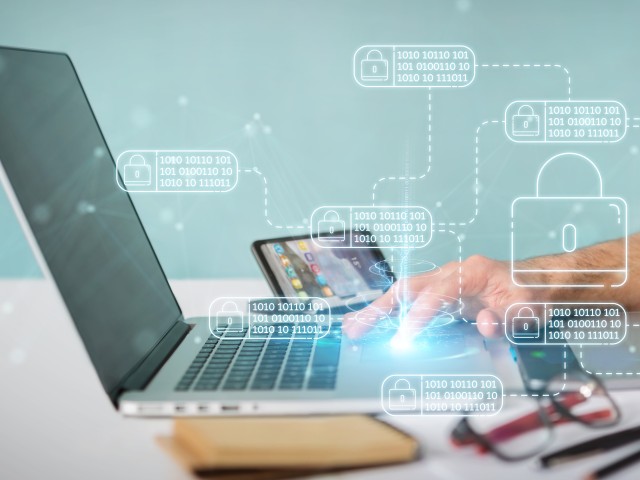
Top Tips for Staying Safe Online
It is almost impossible to keep your data secure while browsing the Internet without using an advanced virus/malware protection system. According to Kaspersky's SecureList, about 20% of people in the world get their devices infected each month, with countries such as the Republic of Belarus, People's Democratic Republic of Algeria, Islamic Republic of Mauritania, Republic of Latvia and Republic of the Philippines sitting at the top of the list.
So, it is crucial to have access to information and tools that will help you protect yourself and your personal data. Don't be part of the 25% of Internet users, who are not aware of the risks involved in using the World Wide Web, and therefore face severe threats. Here are several essential tips that will help you stay safe online.
Install antivirus software on all your devices - including your tablet and phone. You can find decent security suites for free, but if you want to have peace of mind, you should invest into a commercial product.
Ensure that the operating system (Windows, iOS, Linux, Android, etc.) and all the installed applications are updated regularly. Most operating systems, and even some apps will notify you whenever a new software patch is available. Unfortunately, some developers haven't included this extremely useful feature in their products, so you should visit their websites at least once a month to download updates. If that is too much trouble for you, it may be a good idea to find a new application which can patch itself automatically.
Don't fall prey to phishing scams. In this case, hackers will pose as a trusted online source (your bank, for example), asking you to visit a site that looks like the real one, and then enter personal information such as username, password, and credit card number.
Some cyber criminals may be able to get access to your friends' emails or social media accounts, and then use them to send messages, which will often include infected attachments. It is best to avoid downloading those files, even when they appear to come from a trusted source, no matter how enticing they may seem.
This one should be obvious: don't buy stuff from unknown online stores. Lots of people do their shopping by clicking the various ads which are displayed on their social media pages, for example. Some of those ads may lead to infected web pages, though; not because their owners are cyber criminals, but because those small online stores may have been hacked. It is much better to purchase what you need from a reputable store, even if that means paying a bit of extra money.
To reduce the risks, make sure that the sites that you are visiting have https (secure) URLs. If a site doesn't have a security certificate, all the data you're sharing with it (including credit card details, if you're making a purchase) travels over the Internet in an unencrypted form.
Use strong passwords for all your accounts. Create passwords that use a mixture of lowercase and uppercase letters, digits, and special characters. Don't use the same password for multiple sites. Install a password manager to simplify the process; this way, you will only have to remember the master password.
Set up two-factor authentication for all the important accounts (bank accounts, email accounts, etc.). This way, every time you will want to log into your online banking account, for example, you will be asked to enter a one time code that's sent to your mobile phone.
Avoid using public Wi-Fi. Hackers love these networks because they allow them to get access to people's devices. Also, avoid using public computers.
Do not store sensitive data on your devices. If that piece of information is important and private, make sure to keep it on an external, encrypted hard drive.
Security threats are constantly evolving. As computers and mobile devices become more complex, the risk of successful cyber attacks grows. So, do your best to keep all devices safe, especially when you are browsing the web.